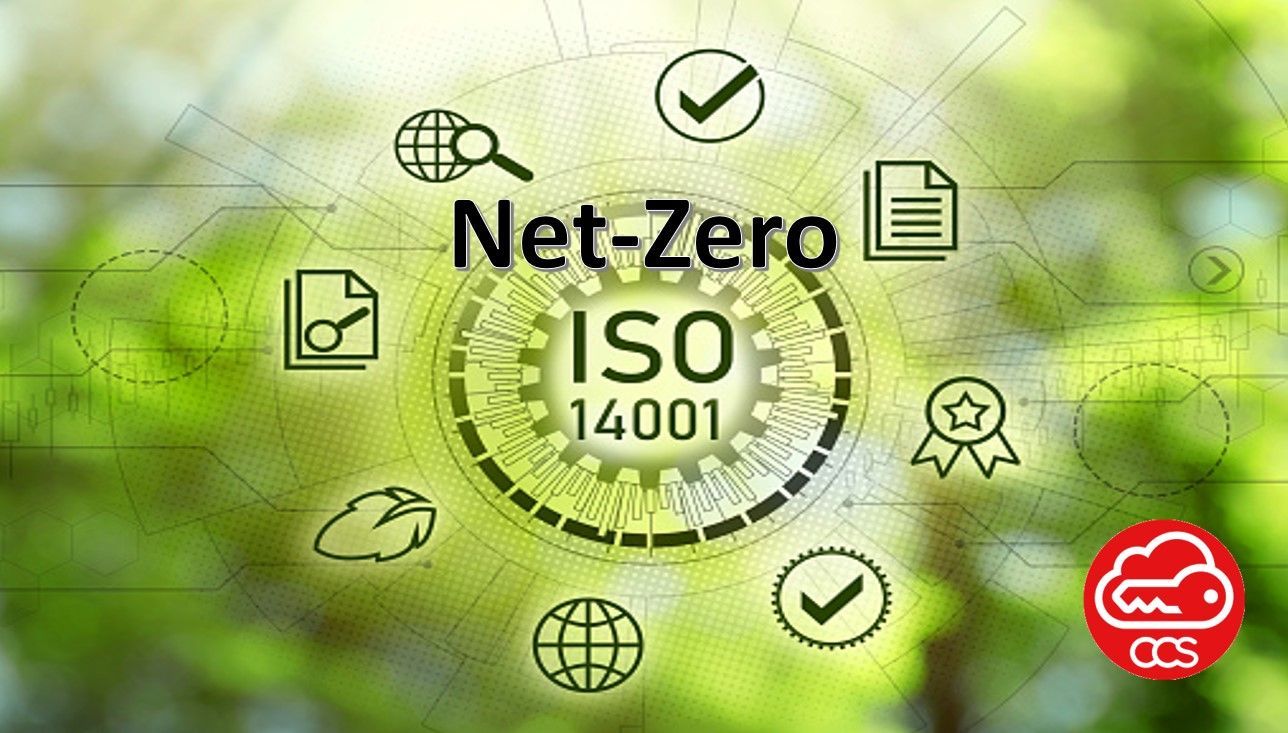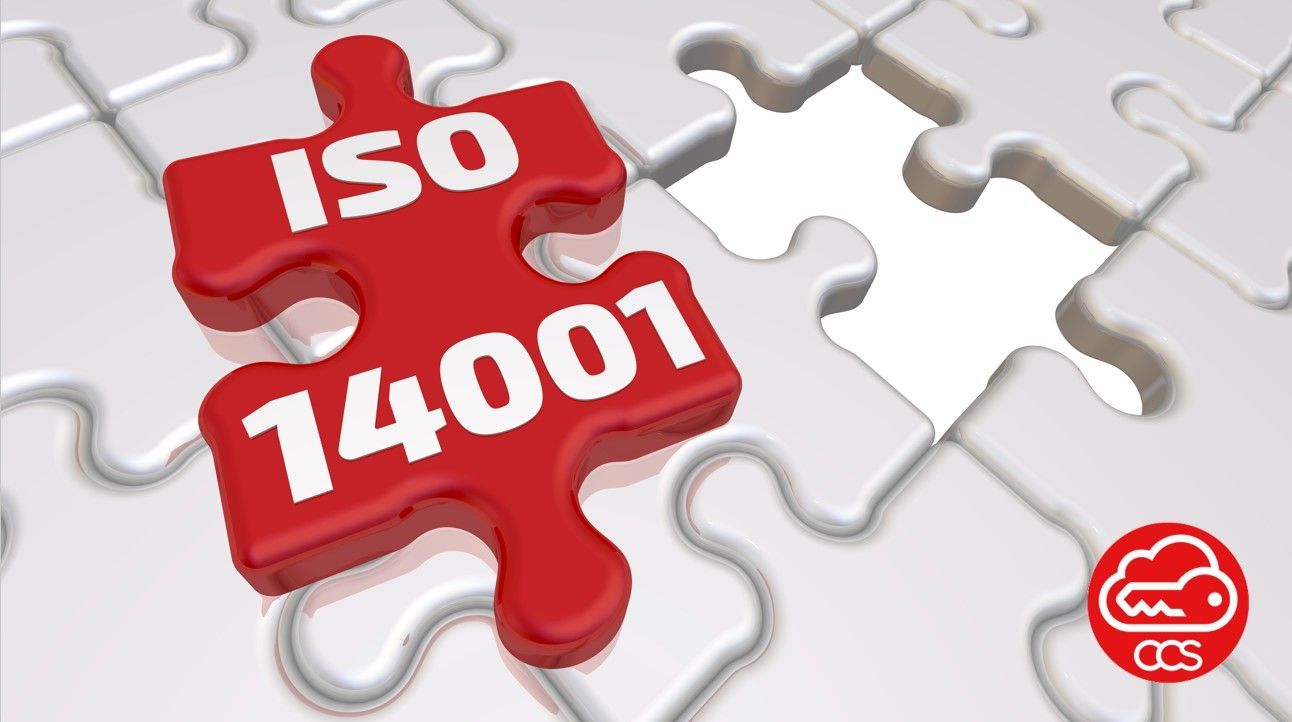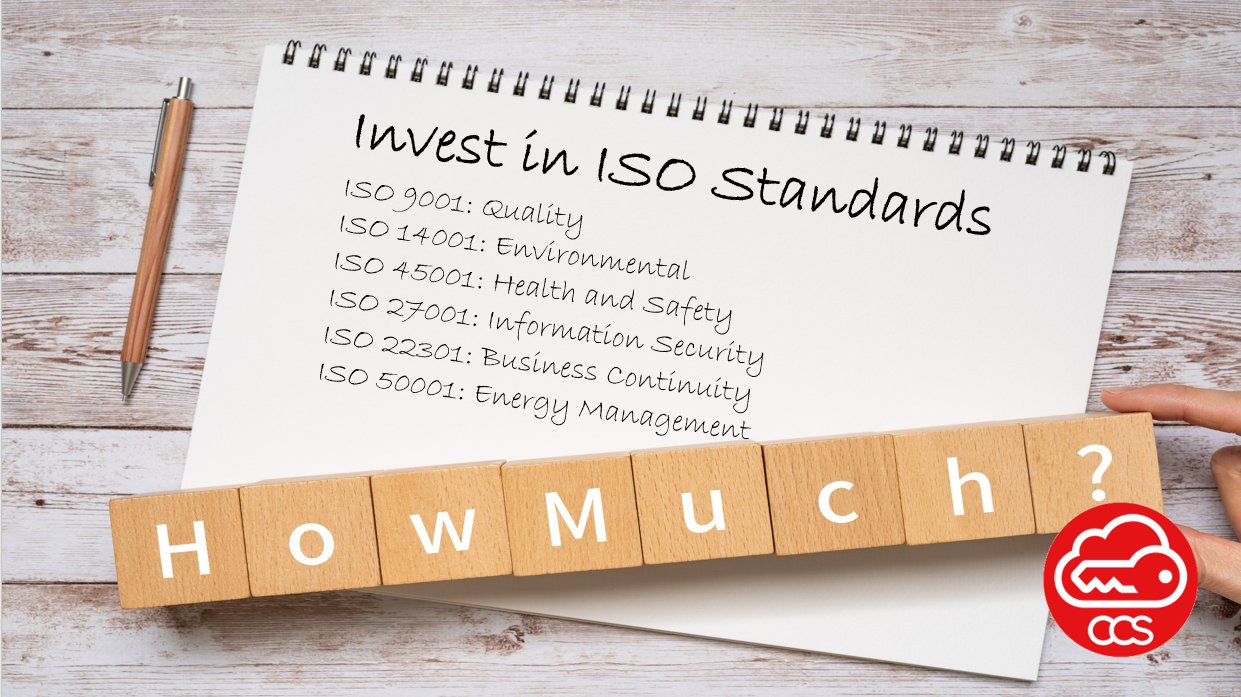ISO 14001 and its Role in Advancing the Net-Zero Goal
What are the benefits and disadvantages of Net-Zero?
Net-zero refers to achieving a balance between the amount of greenhouse gases emitted into the atmosphere and the amount removed or offset. While striving for net-zero emissions has gained significant attention in the context of mitigating climate change, it's important to consider both the benefits and potential disadvantages associated with this goal:
Benefits of Net-Zero:
- Climate Change Mitigation:
- The primary benefit of net-zero is its potential to mitigate climate change. By reducing and offsetting greenhouse gas emissions, it helps limit global temperature rise and minimise the impacts of climate change.
- Environmental Protection:
- Achieving net-zero requires transitioning to renewable and clean energy sources, promoting energy efficiency, and adopting sustainable practices. These actions contribute to the protection and preservation of natural resources and ecosystems.
- Health and Air Quality:
- Reducing reliance on fossil fuels and transitioning to cleaner energy sources can improve air quality, leading to better public health outcomes. This includes a decrease in air pollutants that contribute to respiratory and cardiovascular diseases.
- Technological Innovation and Job Creation:
- Pursuing net-zero emissions necessitates the development and deployment of innovative technologies and solutions. This can drive economic growth, create new job opportunities, and foster technological advancements in renewable energy, energy storage, and sustainable practices.
Disadvantages of Net-Zero:
- Implementation Challenges:
- Achieving net-zero emissions requires significant changes across various sectors, such as energy, transportation, and industry. This transition can be complex and challenging, requiring substantial investments, policy support, and coordination among stakeholders.
- Economic Implications:
- The transition to net-zero may involve upfront costs and investments in renewable energy infrastructure, energy-efficient technologies, and transitioning industries. These expenses could pose economic challenges, especially for certain sectors or businesses that rely heavily on fossil fuels.
- Equity and Affordability:
- The costs and benefits of transitioning to net-zero should be distributed fairly and equitably to avoid exacerbating socioeconomic inequalities. The burden of costs should not disproportionately fall on marginalised communities or low-income households.
- Availability and Reliability of Clean Technologies:
- The widespread adoption of clean energy technologies, such as renewable energy sources and energy storage, is essential for achieving net-zero. However, the availability, scalability, and reliability of these technologies can present challenges and limitations, particularly in certain geographical locations or during periods of high demand.
- Offsetting and Carbon Markets:
- The use of offsetting mechanisms and carbon markets to achieve net-zero has raised concerns about the integrity and effectiveness of these approaches. It is essential to ensure that offsets are rigorously monitored, verified, and lead to real emissions reductions, rather than simply shifting the burden elsewhere or relying too heavily on offsetting without sufficient emissions reductions.
Overall, while striving for net-zero emissions carries numerous benefits, it also requires careful planning, investment, and consideration of potential challenges and trade-offs to ensure a just and sustainable transition.
How can ISO14001 help towards the goal of Net-Zero?
As the urgency to address climate change intensifies, the pursuit of net-zero emissions has become a critical global objective. To effectively tackle this challenge, organisations across various sectors are turning to ISO 14001, the internationally recognised standard for environmental management systems. ISO 14001 provides a framework that can significantly contribute to the journey toward net-zero by guiding organisations in reducing their environmental impact, improving sustainability practices, and driving continuous improvement.
- Climate Change Mitigation:
- ISO 14001 plays a vital role in climate change mitigation efforts, aligning organisations with the principles and practices required to reduce greenhouse gas emissions. The standard encourages the identification and evaluation of environmental aspects and impacts, including energy consumption, waste generation, and emissions. By thoroughly assessing these factors, organisations can establish targets and action plans to minimise their carbon footprint and transition to low-carbon operations.
- Transition to Renewable Energy:
- Achieving net-zero emissions necessitates a significant shift toward renewable energy sources. ISO 14001 guides organisations in identifying energy sources, evaluating their environmental impact, and developing strategies to increase the use of renewable energy. By integrating renewable energy solutions into their operations, organisations can substantially reduce their reliance on fossil fuels, mitigate emissions, and contribute to the overall goal of net-zero.
- Energy Efficiency and Conservation:
- ISO 14001 places a strong emphasis on energy management and efficiency. Organisations are encouraged to implement measures to optimise energy consumption, reduce waste, and improve resource efficiency. By adopting energy-saving practices, such as implementing energy-efficient technologies, optimising processes, and promoting employee awareness, organisations can achieve substantial energy and cost savings while simultaneously lowering their carbon emissions.
- Lifecycle Thinking and Supply Chain Management:
- ISO 14001 promotes a holistic approach to environmental management, encouraging organisations to consider the entire lifecycle of their products and services. This includes assessing the environmental impact of raw material extraction, manufacturing processes, distribution, product use, and end-of-life disposal or recycling. By implementing lifecycle thinking and engaging suppliers in sustainable practices, organisations can minimize the overall environmental impact of their operations and contribute to the net-zero goal.
- Continuous Improvement and Monitoring:
- ISO 14001's focus on continuous improvement ensures that organisations continually review and enhance their environmental performance. Through regular monitoring, measurement, and evaluation of key environmental indicators, organisations can track progress toward net-zero targets and identify areas for further improvement. This iterative approach allows organisations to refine strategies, adapt to changing circumstances, and stay on course toward achieving net-zero emissions.
ISO 14001 serves as a valuable tool in the journey toward net-zero emissions. By guiding you in reducing your environmental impact, transitioning to renewable energy, promoting energy efficiency, embracing lifecycle thinking, and fostering continuous improvement, the standard provides a comprehensive framework for achieving sustainability goals.
As you embrace ISO 14001 and leverage its principles, they contribute significantly to the global efforts aimed at mitigating climate change and moving closer to a net-zero future.





